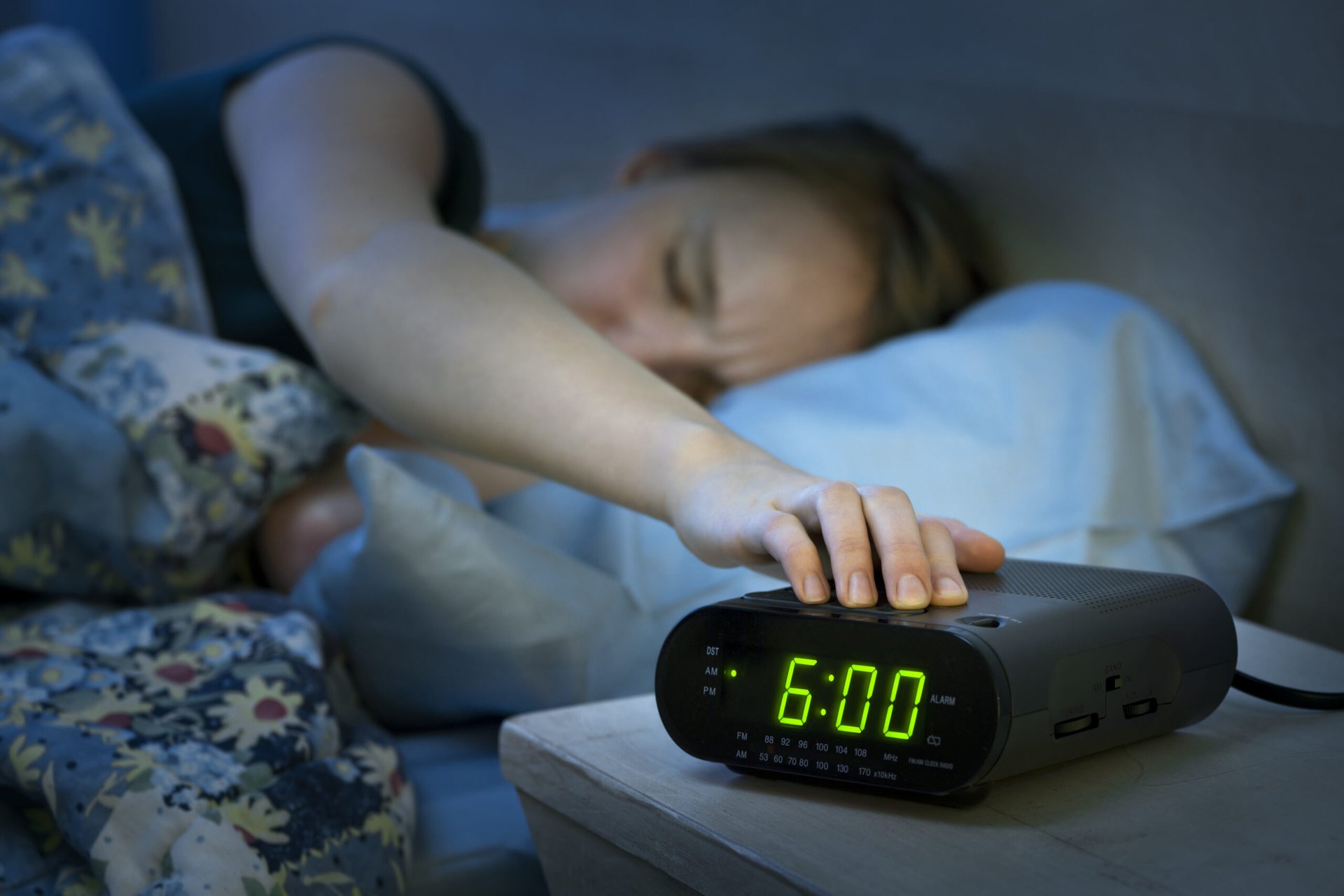
Do you feel guilty when the alarm rings and you hit the snooze button? Perhaps you shouldn’t.
People who regularly press snooze to get a little extra sleep might benefit from the additional slumber, according to recent research published in the European Sleep Research Society’s Journal of Sleep Research.
In a study of more than 1,700 adults, researchers found that an overwhelming percentage of people — 69% — at least occasionally either use the snooze button or set multiple alarms.
The amount of time spent snoozing ranged from one minute to 180 minutes, with the average being 22 minutes.
A second study of 31 “habitual snoozers” found that 30 minutes of extra sleep after their first alarm went off either boosted or did not impact performance on cognitive tests taken directly upon arising.
The researchers said the improved performance on cognitive tests was likely a result of the fact that snoozers do not wake directly from deep sleep and thus were “a bit more quick-thinking right when they got up.”
Snoozers do lose a few minutes of sleep each night, on average, and tend to feel more drowsy in the morning compared with those who never hit the snooze button. But the researchers found no negative effects of snoozing on cortisol release, morning tiredness, mood or sleep quality during the night.
In a summary of the findings, Tina Sundelin, researcher at Stockholm University and lead author of the paper, says:
“The findings indicate that there is no reason to stop snoozing in the morning if you enjoy it, at least not for snooze times around 30 minutes. In fact, it may even help those with morning drowsiness to be slightly more awake once they get up.”
So, who snoozes? According to the researchers, younger people and “evening people” are more likely to roll over for some extra shut-eye.
Sundelin added that the researchers’ results should not convert you into a snoozer if you like waking up right away. The study’s main aim was to find out if hitting “snooze” had negative impacts, not benefits.
Some people might have trouble falling asleep after waking. As Sundelin notes, “Snoozing is most likely not for everyone.”





Add a Comment
Our Policy: We welcome relevant and respectful comments in order to foster healthy and informative discussions. All other comments may be removed. Comments with links are automatically held for moderation.